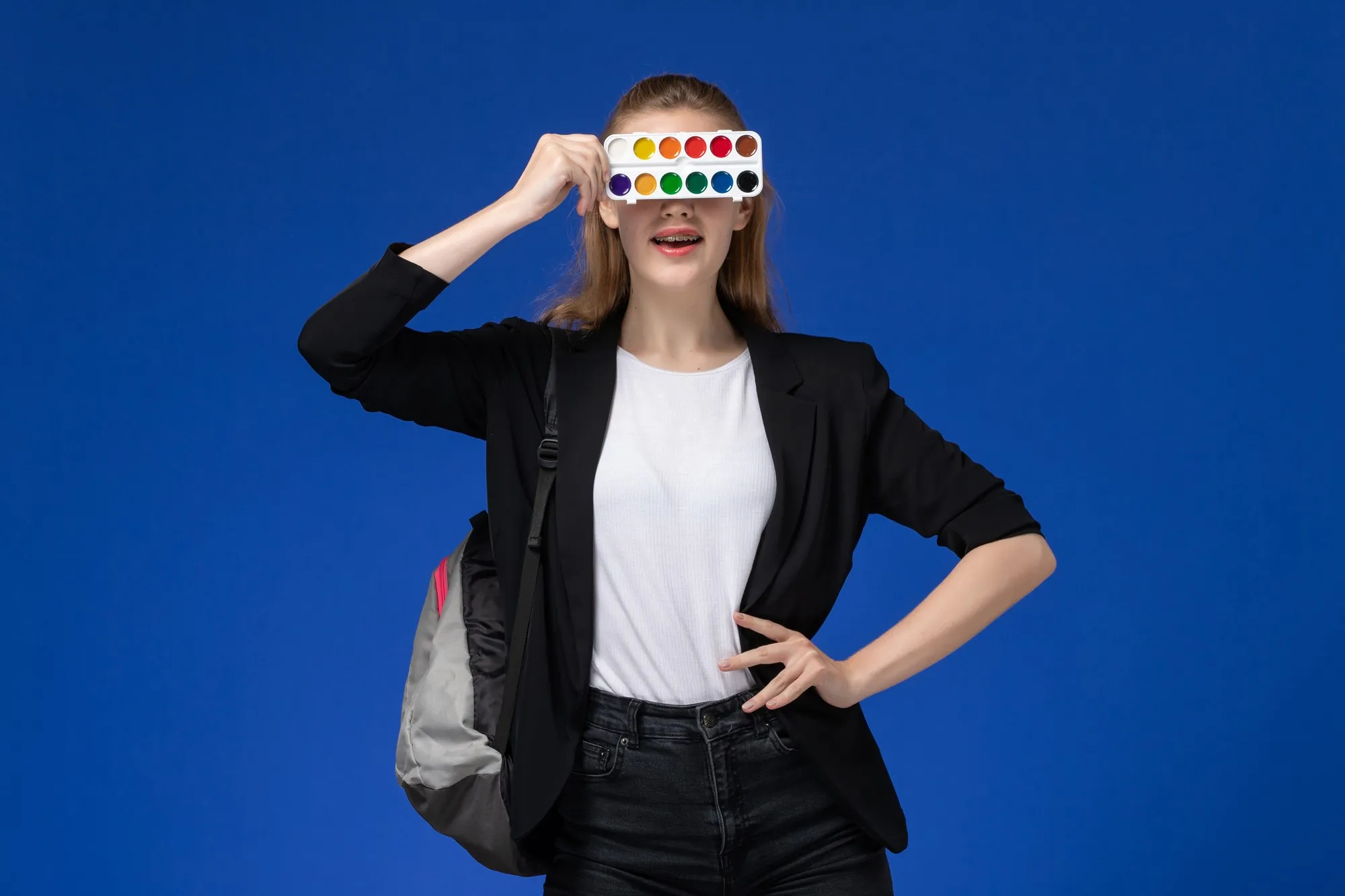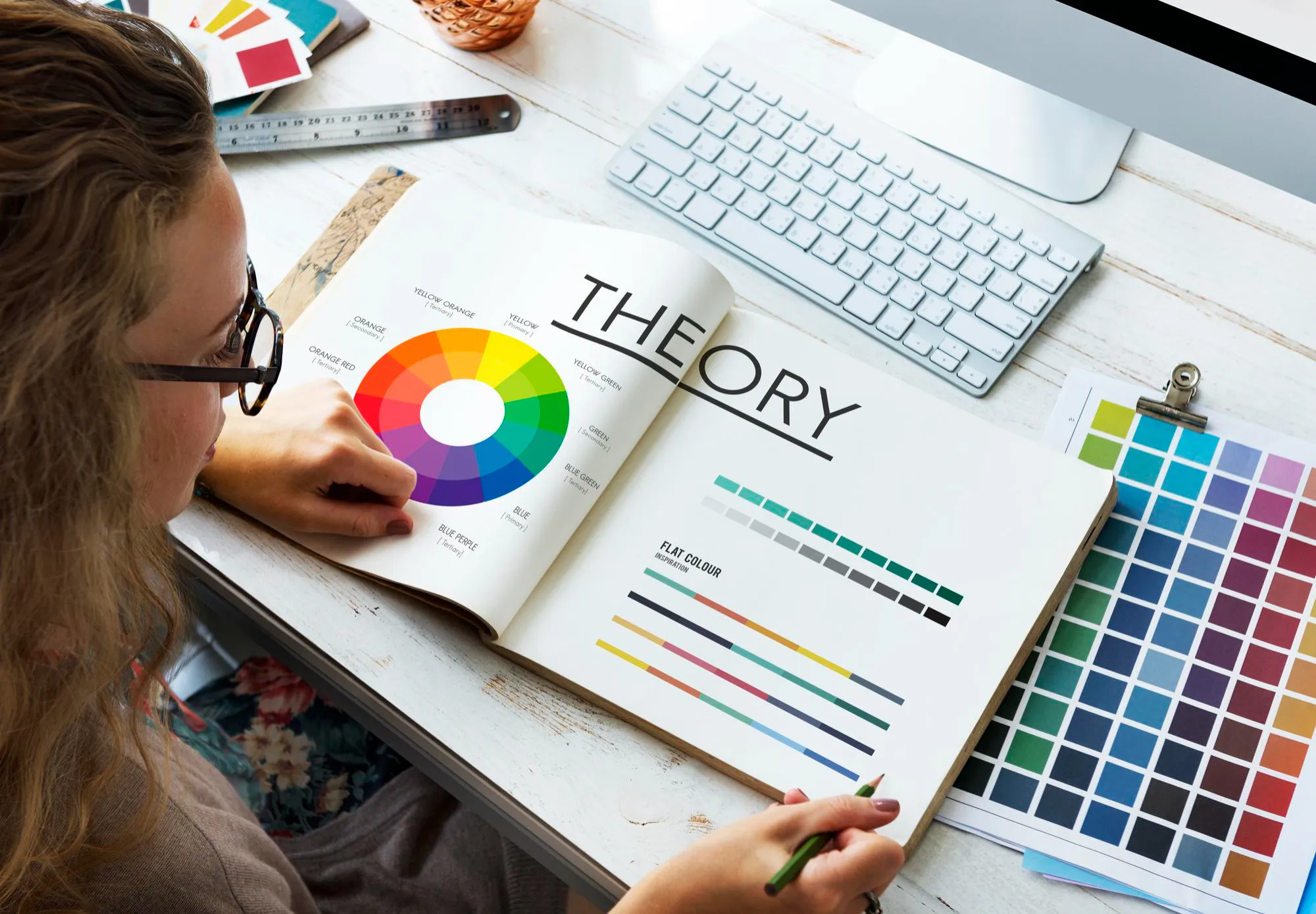Have you ever wondered how the colors around you can affect your mood and how well you work or study? Well, today, we’re going to dive into this colorful topic and discover how different colors can make a big difference in how you feel and perform.

Different Colors and Their Effect on Mood and Productivity
In our daily lives, colors surround us, influencing our emotions and impacting our productivity in ways we might not even realize. From the soothing embrace of a tranquil blue to the fiery motivation of a vibrant red, each color has a unique psychological effect.
Blue
Blue is a calm and soothing color. It can help you feel relaxed and peaceful. Studies show that it can even lower your heart rate and reduce stress. So, if you’re trying to focus on homework or reading, having some blue around might be a great idea.
Green
Green is often associated with nature, and it has a refreshing and revitalizing effect. It can boost your creativity and help you concentrate better. If you’re feeling a bit tired or stuck, spending time in a green environment can give you a nice energy boost.
Yellow
Yellow is like a burst of sunshine! It’s a cheerful color that can make you feel happy and optimistic. When you’re surrounded by yellow, you might find yourself more alert and full of ideas. It’s great for sparking creativity.

Red
Red is a bold and powerful color. It can make your heart beat faster and increase your energy levels. While it’s great for short bursts of excitement, too much red can make you feel a bit agitated. So, use it wisely when you need that extra push of energy.
Purple
Purple combines the calm of blue and the energy of red. It’s associated with luxury and creativity. Having purple around can make you feel more imaginative and inspired. It’s a good color to have in your creative space.
Orange
Orange is vibrant and full of life. It’s an energetic color that can boost your enthusiasm. When you see orange, you might feel more motivated and ready to take on challenges. It’s the color of action!
Gray
Gray is a neutral color. It doesn’t have a strong emotional impact like the other colors. Instead, it can help you stay focused and balanced. It’s a good choice for creating a clean and professional atmosphere in your workspace.
Using Color in Your Workspace: Practical Tips
Now that you know how colors can affect your mood and productivity, here are some tips on how to use them in your workspace:

Balance is Key
Don’t go overboard with one color. A mix of colors can create a harmonious environment. Balance ensures that no single color dominates, allowing your workspace to feel visually pleasing and calming.
Personalize Your Space
Choose colors that resonate with you. Your workspace should make you feel comfortable. Personalization creates a connection between you and your environment, making it a place where you can be your best self.
Task-Specific Colors
Use different colors for different tasks. For example, blue for studying and red for brainstorming. Task-specific colors can mentally prepare you for the work at hand, helping you stay focused and inspired.
Lighting Matters
Natural light is the best, but if that’s not possible, use warm white light to create a cozy atmosphere. Proper lighting not only affects your mood but also reduces eye strain, ensuring you can work comfortably and efficiently.
Declutter
Keep your workspace tidy and clutter-free. Colors work best in a clean environment. A clutter-free space promotes mental clarity, allowing you to fully enjoy the positive effects of your chosen colors while minimizing distractions.

Conclusion
Colors are like magic. They can change how you feel and how well you work. So, the next time you’re setting up your study area or redecorating your room, think about the colors you choose. They can be your secret weapons to boost your mood and productivity. Have fun experimenting with different colors, and watch how they transform your world!



